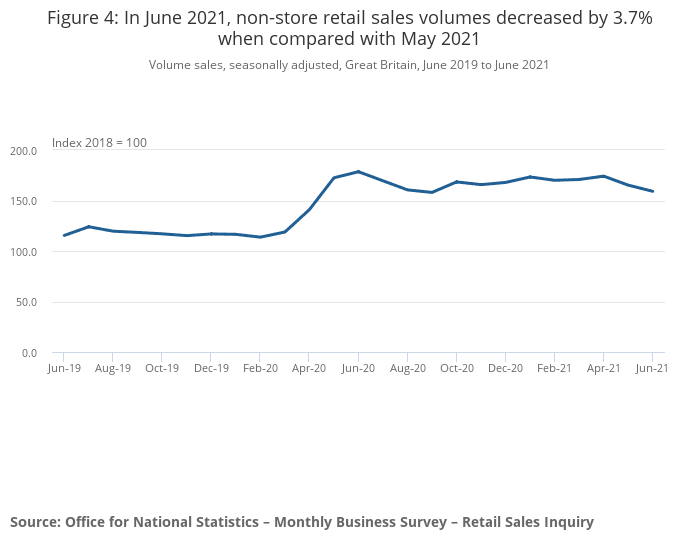The Consumer Contracts (Information, Cancellation and Additional Charges) Regulations 2013 have now been in effect since 13th June 2014, harmonising implementation across the EU, protecting consumers buying goods they cannot inspect, and encouraging confidence in distance selling. These revised regulations have introduced some substantial alterations to the old consumer protection laws, meaning businesses need to adapt.
These regulations replace the Consumer Protection (Distance Selling) Regulations 2000 and the Cancellation of Contracts made in a Consumer’s Home or Place of Work Regulations 2008. Some of the changes have fixed flaws and problems in the existing laws, but it has created a few of its own in the process. It’s very good news for consumers and the fight against rogue traders, but it’s essential that business owners avoid getting caught out.
If you’re a B2B business, then you can rest easy in the knowledge that you’re unaffected by these changes. However, if you’re a B2C business selling goods, services, or digital content under distance or off-premise contracts, then it’s imperative than you’re prepared for the changes.
There are a number of businesses excluded from the regulations, so we advise you check whether you need to comply with these regulations. Contracts for less than £42 are exempt.

What are the major changes?
1. Refund and Cancellation Rights
- The cancellation or “cooling- off” period for any B2C contracts has been extended from 7 to 14 days. If sufficient information has not been provided, then the consumer’s right to cancel extends from 3 to 12 months.
- When a contract for goods is cancelled, sellers now have the right to deduct losses from a refund where the consumer has damaged the goods. Consumers can still inspect the goods, but any damage above normal handling can be deducted from a refund.
- If a service contract is cancelled before completion, the consumer is only entitled to the proportionate amount of what has been paid.
- If the main contract is broken, then any ancillary contracts, such as insurance, are automatically cancelled too.
- Refunds for returned goods must cover the full cost, including delivery of the returned item. However, if the consumer chooses a more expensive method of delivery, only the standard or least expensive dispatch cost needs to be covered.
- Refunds must be made within 14 days of receiving the returned item, and alternatively for services, upon the news of a customer’s decision to cancel. A welcome change for retailers is that refunds can be withheld until the goods have been returned.
2. Clearer Information and Disclosure
- Website order buttons have their own legally approved wording, ensuring the consumer is aware that they are buying with an obligation to pay. For instance, buttons must now be labelled “Order with obligation to Pay” which we think is unwieldy and expect retailers to use either “Buy and Pay Now” or “Pay Now”.
- Express consent is required for any extra costs the consumer will incur. Pre-ticked boxes, such as those for extended warranties or express delivery, are now banned.
- A durable form of contract must be made for any online transactions, no later than the delivery of the product or service in question. The term durable does include email notifications, but still excludes relying on terms displayed on the company website.
3. Delivery of Goods
- Delivery of goods must be made without undue delay, and within a minimum of 30 days of the contract start.
- Retailers will carry the risk of the goods until they are delivered to the consumer.
4. Help-Line Charges
- Previously, call rates had to be specified; but now premium call charges are banned for any consumer service lines. This includes order enquiries, cancellations, and complaints.
5. Digital Content
- Digital content has been redefined, and is no longer categorised as a service.
- Retailers must now have express consent from the consumer that they are aware they lose their right to cancel once the digital content has been supplied, and that the 14 day cooling-off period no longer applies.
- If express consent is not given, the retailer can wait until the end of the cancellation period before supplying digital content (not in tangible form).
- If a consumer cancels within the 14 day period, and the retailer had not obtained express consent, then the consumer does not have to pay for the content.

Why do these changes matter?
If these conditions are not met by any B2C businesses who deal online or from a distance, then it could result in a fine or criminal conviction. Business practices regarding sales, cancellations, and customer feedback will need to be reviewed to ensure they are in compliance. It’s also worthwhile to do so, in order to take advantage of the regulations which do benefit retailer rights.
Many companies will have to adjust their terms and conditions to ensure they are in compliance with the new regulations. If you need Terms & Conditions to ensure you are up to date do consult your solicitors. Alternatively, be sure to check out the SEQ Legal Website for up-to-date templates and documents.
You can read the full Consumer Contracts (Information, Cancellation and Additional Charges) Regulations 2013 here.
What are your thoughts on the new Consumer Contracts Regulations? Is your business prepared? Let us know in the comments below.






